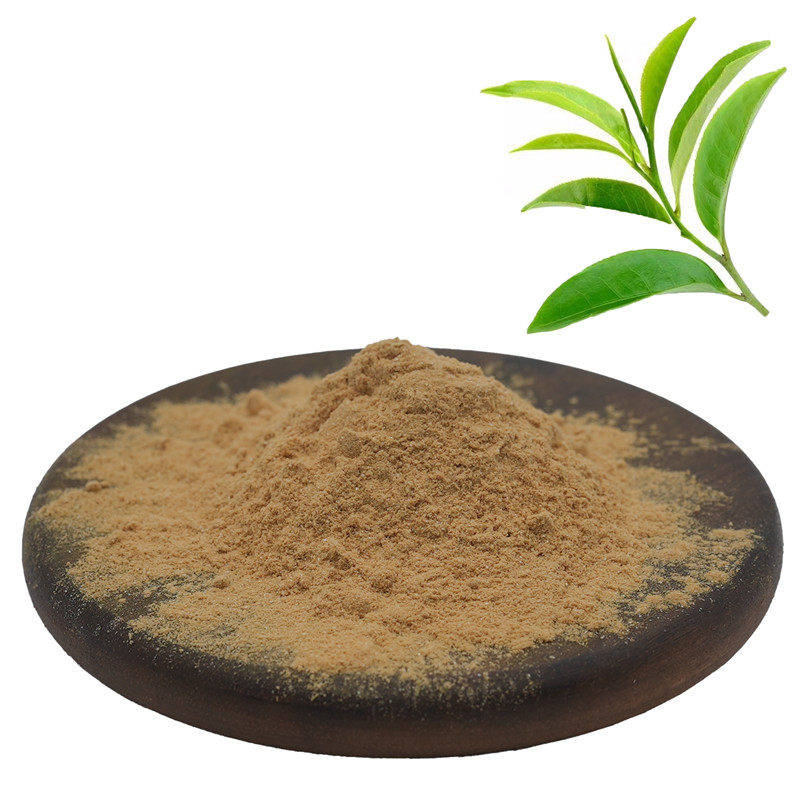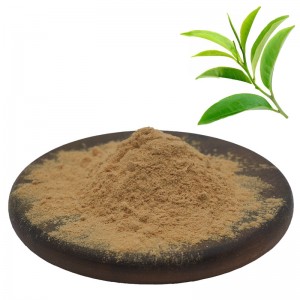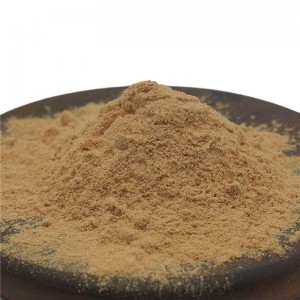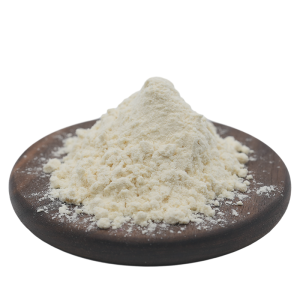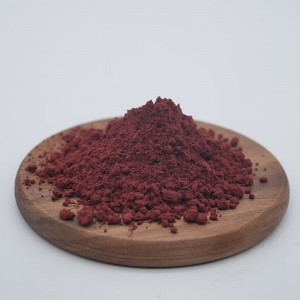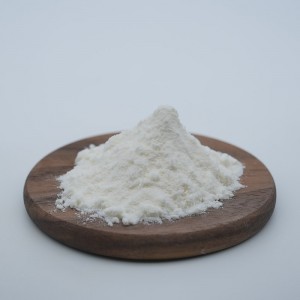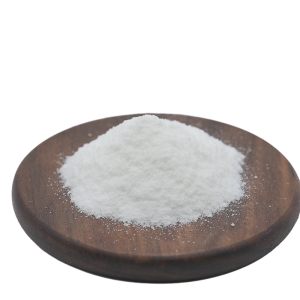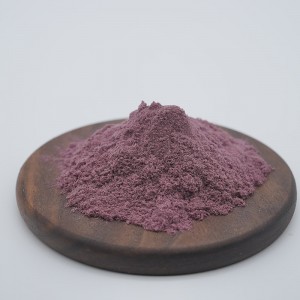
Products
Green Tea Extract
Product Description
Green tea extract is a popular natural dietary supplement derived from the leaves of the Camellia sinensis plant. Known for its rich history and cultural significance, green tea has been consumed for centuries in various parts of the world, particularly in East Asia. Apart from its traditional use as a beverage, green tea extract has gained popularity for its potential health benefits.
Green tea extract is obtained through a careful extraction process that involves steaming and drying the leaves of the Camellia sinensis plant. This concentrated form of green tea contains a variety of bioactive compounds that contribute to its potential therapeutic properties.
One of the key reasons why green tea extract has gained attention is its rich antioxidant content. Antioxidants are molecules that help protect our cells from damage caused by harmful free radicals. The main group of antioxidants found in green tea extract are catechins, with epigallocatechin gallate (EGCG) being the most abundant and studied. These antioxidants have been associated with various health benefits, including promoting heart health, supporting a healthy immune system, and reducing the risk of certain chronic diseases.
Moreover, green tea extract is believed to possess potential weight management properties. Catechins in green tea extract have been studied for their ability to boost metabolism and increase fat oxidation, which may contribute to weight loss. While green tea extract alone is not a magic solution for weight loss, incorporating it into a balanced diet and active lifestyle may complement overall efforts in managing body weight.
In addition to its weight management potential, green tea extract has also been studied for its impact on cognitive function. The combination of caffeine and L-theanine, an amino acid found naturally in green tea, is thought to have a synergistic effect on brain health. Studies suggest that green tea extract may enhance attention, memory, and overall cognitive performance. However, more research is needed to fully understand the mechanisms behind these effects
Furthermore, green tea extract is known for its potential to support cardiovascular health. Regular consumption of green tea has been associated with a reduced risk of heart disease and stroke. The antioxidants in green tea extract may help improve blood flow, and lower levels of LDL cholesterol, also known as "bad" cholesterol. These effects contribute to the overall protection of the cardiovascular system.
Moreover, green tea extract is thought to have antimicrobial properties, which may help support oral health by inhibiting the growth of bacteria that contribute to tooth decay and gum disease. Some studies also suggest that green tea extract may have a positive impact on skin health, thanks to its antioxidant and reduced risk of heart disease properties. However, further research is needed in these areas to fully understand the effects of green tea extract.
It's important to note that green tea extract should not replace a balanced diet or medical treatment. If you have any underlying health conditions or are taking medications, it is always recommended to consult with a healthcare professional before incorporating any new dietary supplements into your routine.
Certificate of Analysis




